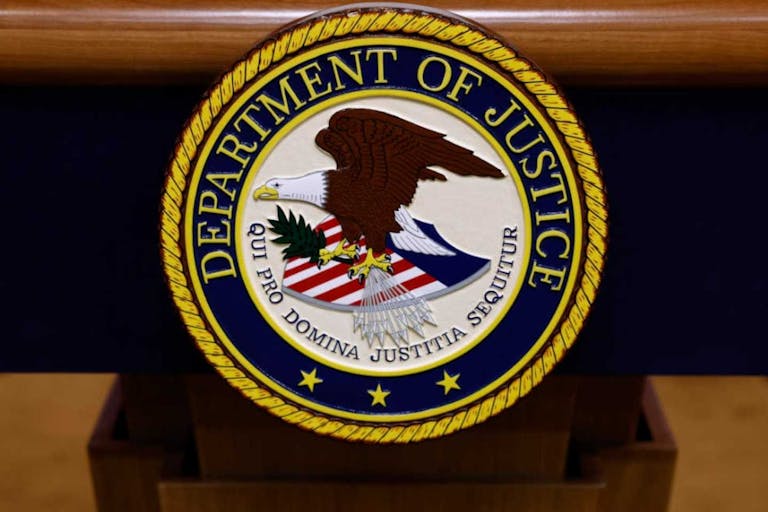
DOJ reverses Biden-era rule that allowed VA to commit abortions
Nancy Flanders
·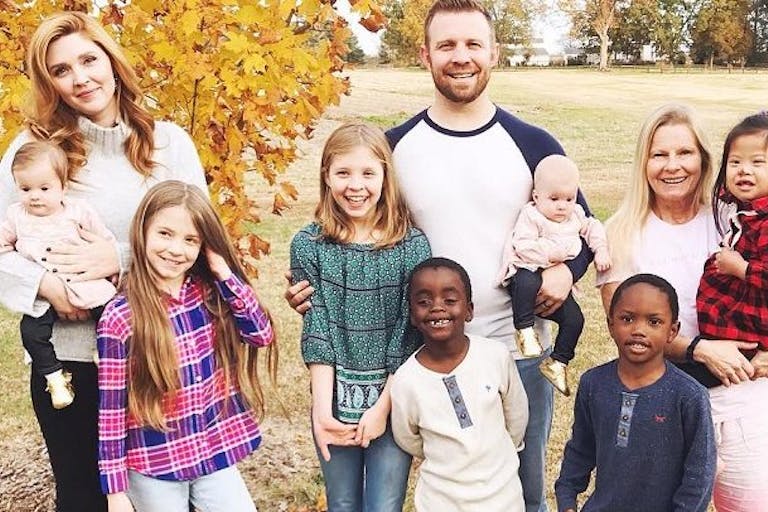
Human Interest·By Nancy Flanders
Mom of 7 says babies adopted as embryos were waiting for ‘a chance at life’
Angela and CR Braniff hear it all the time: “Are they all yours?” When the family is out and about with all seven children in tow it isn’t uncommon for people to do a double take. The Braniff children are all under age 11 and include twin baby girls. Only two of their children are biological. The rest were adopted into the family.
“It was just something that had kind of always been on my heart,” Angela told TODAY. After they had two biological daughters, they began to look into adoption.

They told TODAY that as newlyweds they moved into their first house planning to “fill it with babies.” After having two biological daughters, they adopted Noah from the Democratic Republic of the Congo in 2012 when he was nine months old. They say they wanted him to have a brother so they adopted Jonah at just seven weeks old a year later through domestic adoption.
Then came Rosie in 2016. Angela had been scrolling through social media when she saw a post by a friend who advocates for children looking for their forever home. It would be another expensive and timely international adoption and Rosie has Down syndrome, but she was “just the cutest little thing” said Angela, and they couldn’t walk away, especially when they saw that Rosie was born on Angela’s birthday.
READ: Woman gives birth to baby Jeremy, adopted as an embryo
After the three adoptions, the couple thought they would try for another biological child but were shocked to find out they would not be able to conceive again due to secondary infertility. So they began to research embryo adoption and adopted two embryos. In 2017, Angela gave birth to Ivy and Amelia.
“When couples go through the IVF process a lot of times they’ll end up with more embryos that they can or want to use,” she explained in a video on her YouTube channel This Gathered Nest. “… So they’re left with few choices. It’s either pay to keep them on ice indefinitely, destroy them, or you can adopt them out to another couple. And so that’s basically what we did. We adopted embryos.”

IVF, or in vitro fertilization, is the process of creating human embryos in a lab. 400,000 embryos are currently frozen in the U.S. and it’s a tragedy that these lives are created and kept on hold to possibly never get their chance to be born because they don’t fit in with their parents’ plans.
Article continues below
Dear Reader,
In 2026, Live Action is heading straight where the battle is fiercest: college campuses.
We have a bold initiative to establish 100 Live Action campus chapters within the next year, and your partnership will make it a success!
Your support today will help train and equip young leaders, bring Live Action’s educational content into academic environments, host on-campus events and debates, and empower students to challenge the pro-abortion status quo with truth and compassion.
Invest in pro-life grassroots outreach and cultural formation with your DOUBLED year-end gift!
“It’s so crazy to me,” Angela said at the beginning of their embryo adoption journey, “to think that we have these little, frozen babies and they’re just waiting for us. They’re just waiting to be defrosted and given a chance at life.”
With seven kids, life is wonderfully chaotic. The family keeps a running list of chores and say the kids know what is expected of them each morning when they wake up. Angela even homeschools some of the children while others attend public school because of the resources available to them for their specific needs.
“We both work really hard to give our children a comfortable life,” Angela told TODAY. “But ultimately, if we can provide a family and love, that’s what our kids need most. We can’t always say yes to everything they want or want to do, but we make every effort to support them in their individual passions and goals.”
Though they say they are “at capacity,” the couple is not opposed to adopting more children in the future, and CR told TODAY:
I don’t think either of us will ever say ‘never.’ If there’s a kid out there that needs a home and we have the ability and the space in our hearts to do something I’m sure we would.
No matter how chaotic life gets, they know it’s all about the love they give their children.
“They don’t remember that mom didn’t get a load of laundry done that day, or that the dishes sat in the sink,” said Angela. “They just remember how they felt. Did they feel loved today? That’s all the kids care about.”
Live Action News is pro-life news and commentary from a pro-life perspective.
Contact editor@liveaction.org for questions, corrections, or if you are seeking permission to reprint any Live Action News content.
Guest Articles: To submit a guest article to Live Action News, email editor@liveaction.org with an attached Word document of 800-1000 words. Please also attach any photos relevant to your submission if applicable. If your submission is accepted for publication, you will be notified within three weeks. Guest articles are not compensated (see our Open License Agreement). Thank you for your interest in Live Action News!

Nancy Flanders
·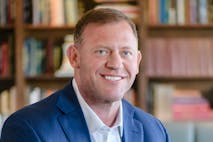
Human Interest
Lisa Bast
·
Human Interest
Nancy Flanders
·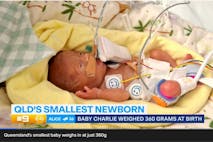
Human Interest
Melissa Manion
·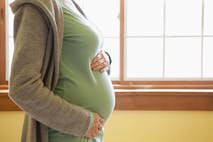
Guest Column
Unplanned Stories
·
Human Interest
Nancy Flanders
·
Politics
Nancy Flanders
·
Human Interest
Nancy Flanders
·
Human Interest
Nancy Flanders
·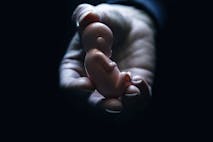
Analysis
Nancy Flanders
·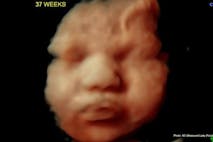
Politics
Nancy Flanders
·